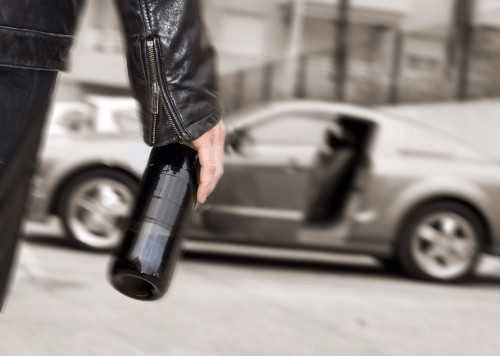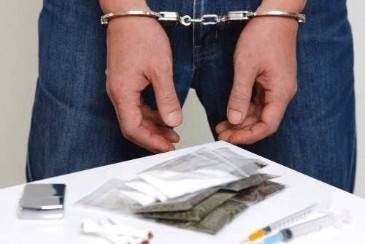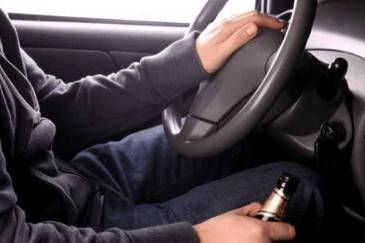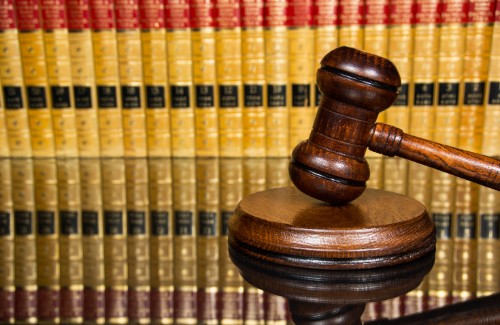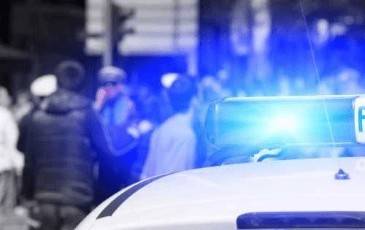Driving while intoxicated (DWI) is a serious offense that can have significant legal consequences in Texas. Whether you’re facing your first DWI charge or have prior convictions, understanding the process and your rights is crucial. In this comprehensive guide, we’ll explore the intricacies of DWI laws in Texas, potential penalties, the importance of legal representation, […]
Texas DWI & Criminal Defense Blog
Contact Deandra Grant Law for help with your DWI or Criminal charge.

